Meet this spring’s honorary degree recipients
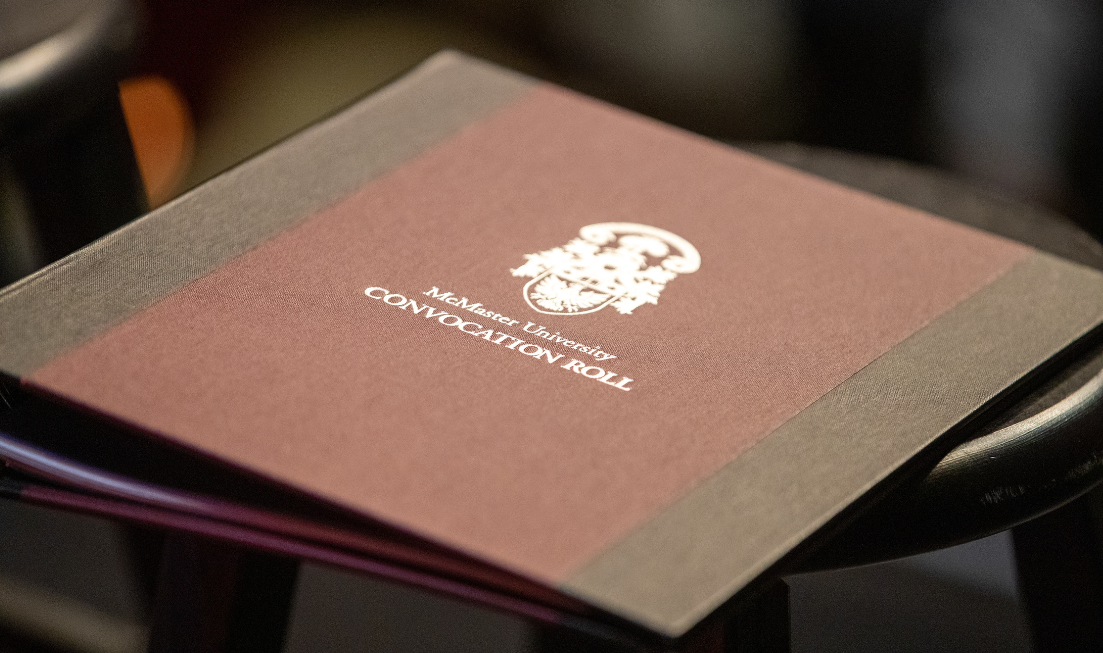
From foundational work in evidence-based medicine to the cutting edge of AI in business, McMaster is recognizing nine extraordinary individuals for their accomplishments and contributions at this year’s spring convocation ceremonies.
Leaders, innovators and change makers from a breadth of disciplines are being recognized at McMaster’s spring convocation ceremonies for their tremendous accomplishments and contributions to our community and our world.
In order of presentation, here are the distinguished recipients of honorary degrees at this year’s spring convocation ceremonies.
Brian Haynes
Faculty of Health Sciences | Wednesday, May 21, 2025
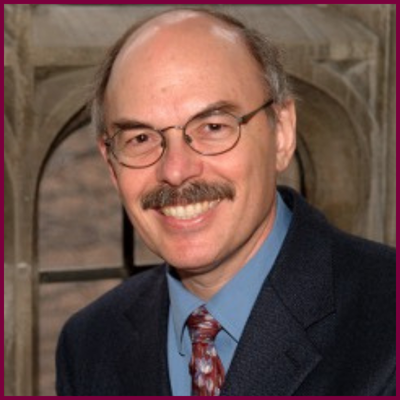 Professor Emeritus Brian Haynes is one of the founders of evidence-based medicine, an innovation born at McMaster and regarded as one of the most important medical advances of the past 150 years.
Professor Emeritus Brian Haynes is one of the founders of evidence-based medicine, an innovation born at McMaster and regarded as one of the most important medical advances of the past 150 years.
Haynes joined the university’s department of Clinical Epidemiology & Biostatistics in 1977, with a joint appointment in the department of Medicine. He went on to establish the Health Information Research Unit, build the Health Knowledge Refinery and chair his department before retiring in 2016.
Haynes’ contributions have been crucial in defining evidence-based medicine, including his work on establishing hierarchies of evidence and developing health informatics tools.
He also pioneered the creation of internet-based information services to deliver studies to clinicians and used machine learning to develop the Clinical Queries tool, which now uses “Haynes filters.”
Haynes is a co-founder of the global not-for-profit Cochrane Collaboration, which hosts the Cochrane Colloquium, and founded the Canadian Cochrane Network and Centre which engages all Canadian medical schools. He has also made significant contributions to leading medical journals including the British Medical Journal’s Evidence Updates and the American College of Physicians’ Journal Club, of which he is the founding editor.
Haynes has received Health Canada’s National Health Scientist Career Award, an American College of Physicians Rosenthal Award and the Queen Elizabeth II Diamond Jubilee Medal. He is a fellow of the Royal Society of Canada’s Academy of Sciences, a foreign associate of the National Academy of Medicine/Institute of Medicine, a fellow of the Canadian Academy of Health Sciences and an officer of the Order of Canada.
Jean Marmoreo
School of Nursing | Thursday, May 23, 2025
 Jean Marmoreo is not only a nurse and a physician; she is a writer, athlete, advocate and adventurer.
Jean Marmoreo is not only a nurse and a physician; she is a writer, athlete, advocate and adventurer.
A graduate of McMaster’s Nursing program, Marmoreo worked as a nurse before going back to school to study medicine. After graduating at the top of her class at the University of Toronto, she worked as a family physician and obstetrician.
In 2020, she retired — briefly. Then she went back to work, this time as a fly-in-fly-out clinician in the Northwest Territories.
Marmoreo, a specialist in mid-life medicine and then end-of-life medicine, became one of the first practitioners in Canada to offer Medical Assistance in Dying in 2016.
An author and advocate for the patients at the heart of her practice, she was a regular contributing columnist for publications including the Globe and Mail and the National Post.
Her book The New Middle Ages: Women in Midlife was published by Prentice Hall in 2002, and two decades later, Marmoreo co-authored The Last Doctor: Lessons in Living from the Front Lines of Medical Assistance in Dying. A national bestseller, that book was shortlisted for the Balsillie Prize in Public Policy.
Marmoreo has hiked 1,000 miles of the Appalachian Trail; trekked around the globe, including to Mount Everest base camp; and, in 2019, circumnavigated the island of Manhattan by kayak. She is an accomplished marathoner who has placed first in her age group in the Boston Marathon a record-setting five times.
Marmoreo is also a fellow of the Royal Canadian Geographical Society, has receivedM cMaster’s Distinguished Alumni Award, was named one of the 100 Most Powerful Women in Canada, and was appointed a Member of the Order of Canada.
Paul Santerre
Faculty of Engineering | Tuesday, June 17, 9:30 a.m.
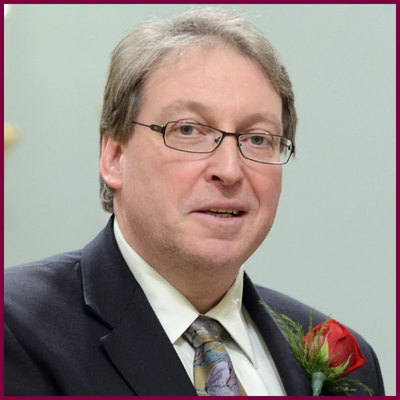 Paul Santerre, who earned his PhD from McMaster’s Faculty of Engineering, is a pioneer in the field of synthetic materials for health care, known for developing surface modifying macromolecules (SMMs) that help technology and devices interact with the human body.
Paul Santerre, who earned his PhD from McMaster’s Faculty of Engineering, is a pioneer in the field of synthetic materials for health care, known for developing surface modifying macromolecules (SMMs) that help technology and devices interact with the human body.
Santerre was the lead materials engineer for the artificial heart program at the University of Ottawa Heart Institute before joining the University of Toronto in 1993. There, he co-founded the Health Innovation Hub, was the Baxter Chair for Health Technology and Commercialization, director for research faculty in the physical sciences at the Techna Institute and director of the Institute of Biomaterials and Biomedical Engineering.
His research, which has generated more than 70 patents, has contributed to the development of materials that have revolutionized tissue engineering, implants and medical devices.
An entrepreneur himself, Santerre used his experience to foster and expand the ecosystem for health innovation.
Santerre is an international fellow of Biomaterials Science and Engineering (FBSE) and a fellow of both the American Institute for Medical and Biological Engineering and the American Association for the Advancement of Science. His list of awards includes the Julia Levy Award from the Canadian Society for Chemical Industry, the NSERC Synergy Award, the Lifetime Achievement Award from the Canadian Biomaterials Society and the Governor General’s Award for Innovation. He was inducted into the McMaster Alumni Gallery in 2024.
Aly Orady
Faculty of Engineering | Tuesday, June 17, 2:30 p.m.
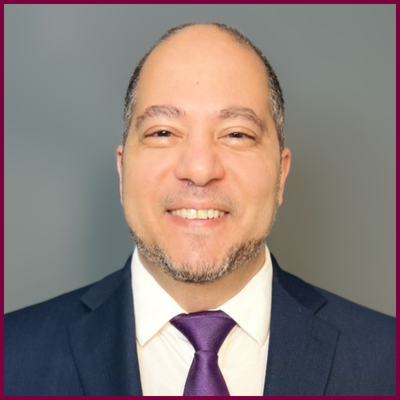 Aly Orady is a Silicon Valley veteran, inventor, engineer and entrepreneur as well as an expert in computer architecture, networking, virtualization, cloud and enterprise management.
Aly Orady is a Silicon Valley veteran, inventor, engineer and entrepreneur as well as an expert in computer architecture, networking, virtualization, cloud and enterprise management.
At 19, Orady earned his bachelor’s degree in Computer Engineering from McMaster and started working as a hardware engineer at Hewlett Packard. Among other roles, he designed the super computers used for data-intensive and computation-heavy scientific and engineering purposes.
Orady’s hands-on experience at HP positioned him well for subsequent leadership roles at a series of startups, including Kealia, Inc., which was later acquired by Sun Microsystems. Soon after receiving his master’s degree in Electrical Engineering, Networking and Computer Architecture from Stanford University, Orady founded the software company Pano Logic.
Next, Orady noticed a gap in the fitness industry for people who wanted to work out at home. He created Tonal Systems, the world’s most intelligent compact at-home strength training system. Tonal established relationships with superstar athlete-entrepreneurs like Serena Williams, Lebron James and Stephen Curry.
Orady holds several patents for technologies including the Universal Serial Bus Assistance Engine, Thin Network Protocol and Digital Phase Locked Loops; is a charter member of C100, a by-invitation group of Canadian technology leaders; and is an active member of the McMaster Engineering alumni community.
He delivered the annual Innovation Minor lecture to undergraduate students in 2022 and, that same year, the McMaster Alumni Association inducted him into the Alumni Gallery.
Julie Lefebvre
Faculty of Science | Wednesday, June 18, 2:30 p.m.
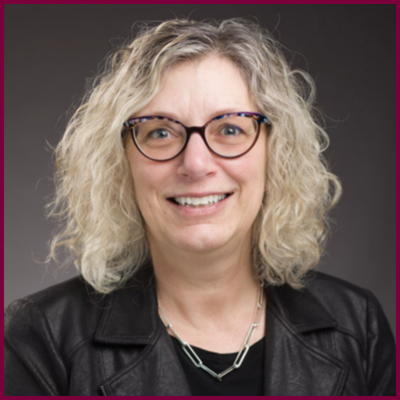 McMaster graduate Julie Lefebvre is one of the most respected and influential scientists in the Canadian civil service. She has built her career at the intersection of society’s most challenging technological issues and Canada’s national interests and security.
McMaster graduate Julie Lefebvre is one of the most respected and influential scientists in the Canadian civil service. She has built her career at the intersection of society’s most challenging technological issues and Canada’s national interests and security.
Lefebvre earned her PhD in theoretical physics at McMaster University, focusing on the then-new field of chaos and quantum chaos.
After her postdoctoral work and some time in the private sector, Lefebvre spent 20 years with Defence R&D Canada. She became director general of Science & Technology Joint Force Development in 2013, after working with the Network Information Operations Section and the Attack Detection and Analysis Group.
Lefebvre moved to the National Research Council (NRC) of Canada in 2019 as the director general of the Security and Disruptive Technology Research Centre. In 2023, she added two additional centres to her portfolio: the Nanotechnology Research Centre and the Advanced Electronics and Photonics Research Centre. Later that year, Lefebvre became the NRC vice-president for the Emerging Technology Division which includes oversight of the Herzberg Astronomy and Astrophysics Research Centre, the Quantum and Nanotechnologies Research Centre and the Metrology Research Centre, along with the Canadian Photonics Fabrication Centre (CPFC).
Lefebvre is also a keen and effective champion for equity, diversity and inclusion.
Her honours include the Leadership and Creative Management Award, the People Management Excellence Award and the Five Eyes International Award.
John Bell
Faculty of Science | Thursday, June 19, 9:30 a.m.
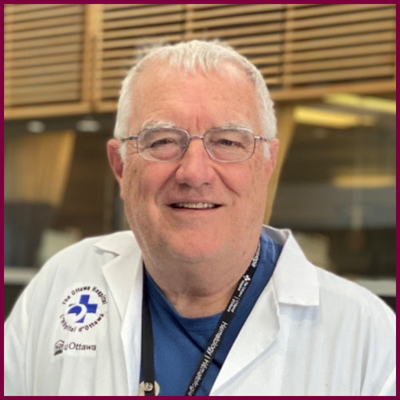 John Bell, a two-time McMaster graduate, is one of the world’s leading innovators in virus-based cancer therapeutics.
John Bell, a two-time McMaster graduate, is one of the world’s leading innovators in virus-based cancer therapeutics.
Bell is a senior scientist in the Cancer Therapeutics Program at the Ottawa Hospital Research Institute and a member of the Centre for Cancer Therapeutics at the Ottawa Hospital Cancer Centre, as well as the scientific director of BioCanRx, also known as Canada’s Immunotherapy Network.
The cornerstone of his track record of innovation is his research in oncolytic viruses (OV), a field in which he has registered 18 patents. As the director of the Canadian Oncolytic Virus Consortium (COVCo), Bell works to connect Canadian research groups that are devoted to advancing virus-based cancer therapeutics.
In 2003, Bell co-founded biotechnology company Jennerex Biotherapeutics to develop an oncolytic vaccinia virus as a new therapeutic technique to treat cancers.
A fellow of the Royal Society of Canada and the Canadian Academy of Health Sciences, Bell received the Robert L. Noble Prize for Outstanding Achievement in Cancer Research from the Canadian Cancer Society in 2011, a year after earning the Dr. J. David Grimes Career Achievement Award from the Ottawa Hospital Research Institute.
In 2012, he received the Queen Elizabeth II Diamond Jubilee Medal as well as McMaster’s Distinguished Alumni Award.
John Berlinsky and Catherine Kallin
Faculty of Science | Thursday, June 19, 2:30 p.m.
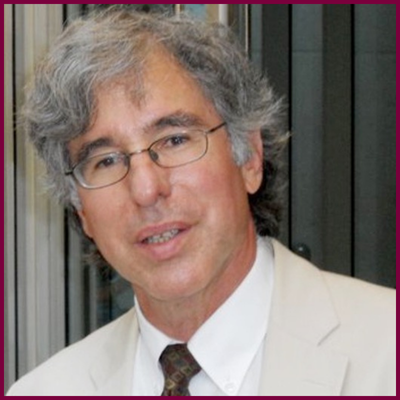
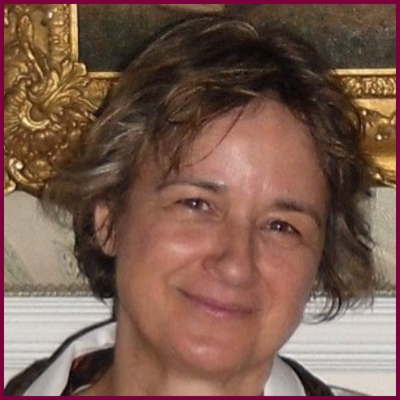 Professors emeriti John Berlinsky and Catherine Kallin have made an immeasurable impact — as individuals and as a team — to quantum matter theory and research.
Professors emeriti John Berlinsky and Catherine Kallin have made an immeasurable impact — as individuals and as a team — to quantum matter theory and research.
After coming to McMaster in 1986, Berlinsky was director of the Brockhouse Institute for Materials Research, and served as chair of the Department of Physics & Astronomy. He became the founding academic director of the Perimeter Institute in 2008 and served as deputy director of the Kavli Institute for Theoretical Physics at UC Santa Barbara.
Berlinsky was an Alfred P. Sloan Foundation Fellow and he is a fellow of the American Physical Society.
Catherine Kallin joined McMaster in 1986, coming from the Kavli Institute for Theoretical Physics. In 1994, she became a fellow of the American Physical Society in recognition of her work on electron correlations in low-dimensional systems. Her list of awards includes a Guggenheim Fellowship, the E.W.R. Steacie Memorial Fellowship, a Killam Research Fellowship and a Simons Fellowship.
She has also held a Tier 1 Canada Research Chair in Quantum Materials Theory since 2003.
Berlinsky and Kallin have made exceptional contributions to their field as a team working in quantum matter theory. They have explored quantum matter — such as metals, superconductors and magnets — and their pioneering contributions to quantum materials include elucidating the nature of unconventional electron pairing and understanding its physical implications in high-temperature superconductors.
They have made remarkable progress in the study of topological superconductors and their joint investigations have enriched our understanding of the behaviours of electronic spins subject to frustrated interactions. Their research has also illuminated the mechanisms behind exotic quantum states called quantum spin liquids, which are widely regarded as one of the “holy grails” of modern quantum matter research.
Armughan Ahmad
DeGroote School of Business | Friday, June 20, 2:30 p.m.
 Armughan Ahmad is a ground-breaking tech executive whose legacy is entwined with the technological and commercial progress of artificial intelligence.
Armughan Ahmad is a ground-breaking tech executive whose legacy is entwined with the technological and commercial progress of artificial intelligence.
Ahmad is currently senior Al advisor at ServiceNow, an executive advisor to the CEO at RxFood Corporation and an executive AI advisor with Telus. Previously, he has served as CEO and president of Appen, where he led the company in powering Al applications for global brands.
He has also held senior leadership roles at KPMG; Dell EMC, Hewlett Packard Enterprise, 3Com, Enterasys Networks and Insight.
Ahmad is deeply committed to advocating for the development of skills training and for promoting diversity and inclusion. He serves on the Advisory Board of the Future Skills Centre, the Board of Advisors at the Smith School of Business at Queen’s University and the Dean’s Advisory Council at the University of Waterloo.
A co-founder of the Coalition of Innovation Leaders Against Racism (CILAR), Ahmad works through that organization to address systemic racism and create opportunities for underrepresented communities in the innovation economy through successful initiatives including the ACCELERATE Mentorship program. He is also an active advocate for girls’ STEM education, mental health awareness and refugee resettlement programs.
At McMaster, Ahmad has been involved as a guest speaker in the Executive MBA program and played an instrumental role in establishing the KPMG Ignition Lab, an innovation and technology space in DeGroote’s new McLean Centre for Collaborative Discovery.


